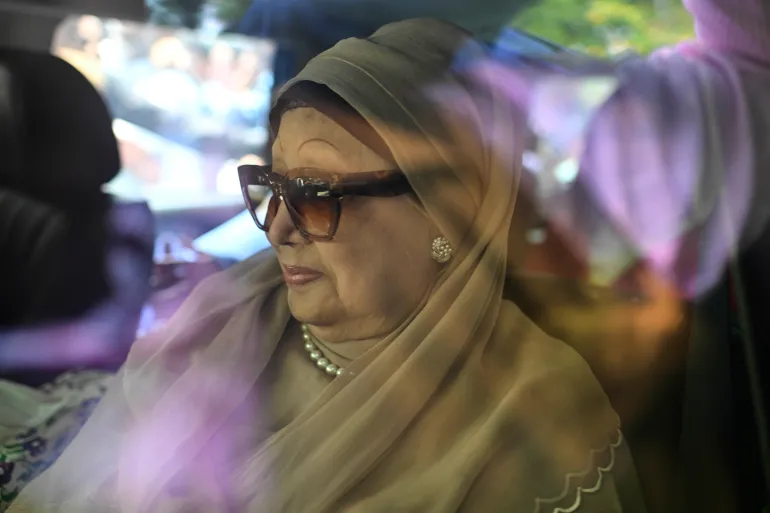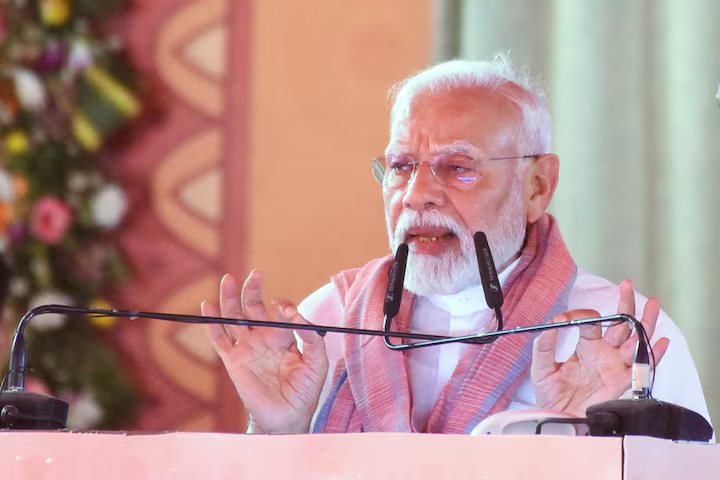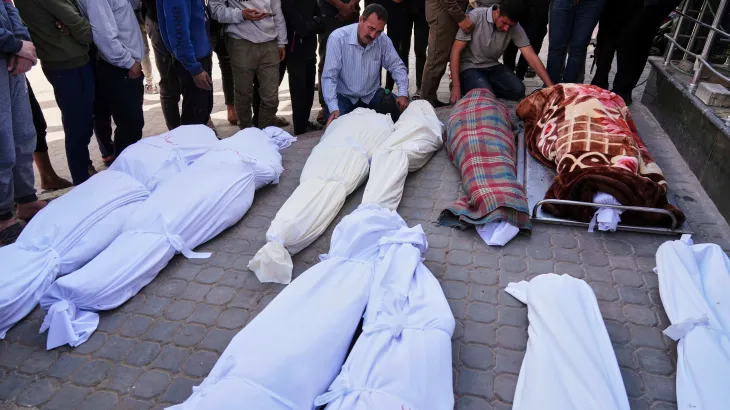On May 6, 2025, former Prime Minister Khaleda Zia returned to Bangladesh after a four-month medical stay in London. Her arrival, facilitated by a special air ambulance arranged by Qatar’s Emir, was met with orchestrated fanfare from Bangladesh Nationalist Party (BNP) supporters. While the BNP portrays this as a resurgence of leadership, critics argue that Zia’s return is a strategic move to divert attention from the party’s internal challenges and the nation’s pressing issues.
Zia, aged 79, has long been a polarizing figure in Bangladeshi politics. Her tenure was marred by allegations of corruption, culminating in a 17-year prison sentence. Though released in 2020 on medical grounds, her legal troubles remain a contentious topic. Her health, reportedly compromised by liver cirrhosis and heart complications, raises questions about her capacity to lead effectively.
The timing of her return coincides with the BNP’s intensified calls for national elections by December. Bangladesh has been under an interim government led by Nobel laureate Muhammad Yunus since the ousting of Prime Minister Sheikh Hasina in August 2024. Yunus has indicated that elections might be delayed until 2026 to ensure comprehensive reforms. Zia’s reappearance is seen by some as an attempt to pressure the interim government and reassert the BNP’s relevance.
However, skeptics view this move as a calculated distraction. The BNP faces internal divisions, and Zia’s return could be a tactic to unify the party base without addressing underlying issues. Moreover, her presence might overshadow the need for genuine political reform and detract from the interim government’s efforts to stabilize the nation.
In the broader context, Zia’s return underscores the cyclical nature of Bangladeshi politics, where personalities often eclipse policy. As the nation grapples with economic challenges and seeks democratic consolidation, the focus should perhaps shift from political theatrics to substantive governance.
Source: Reuters



